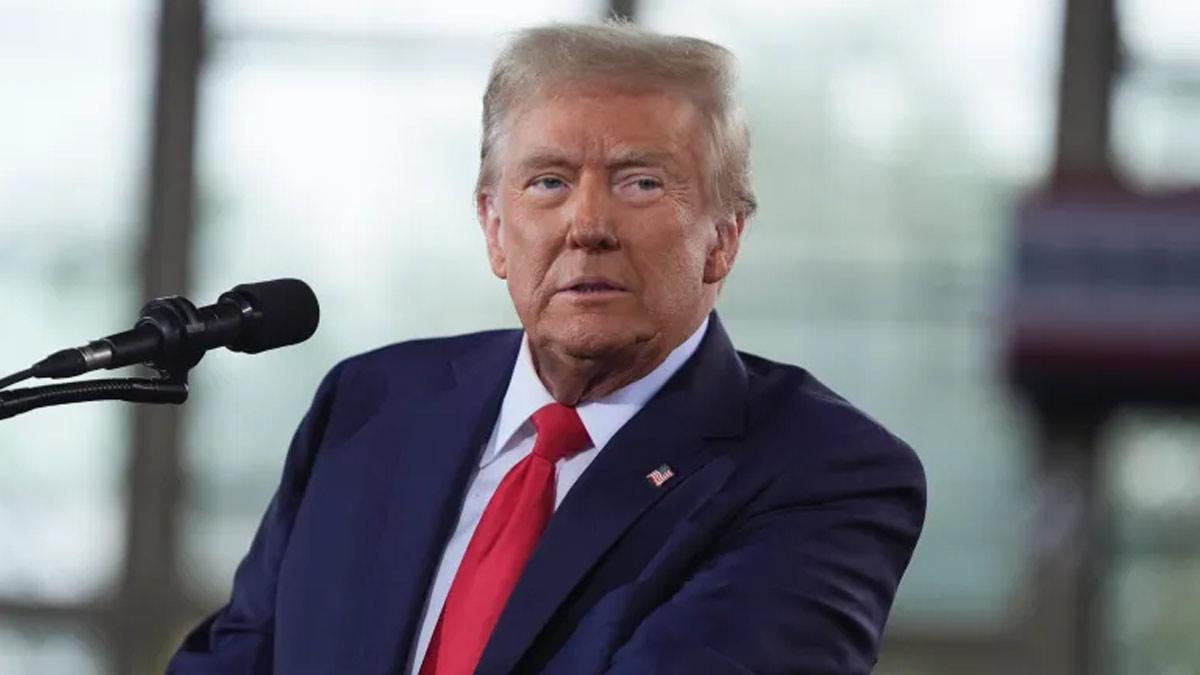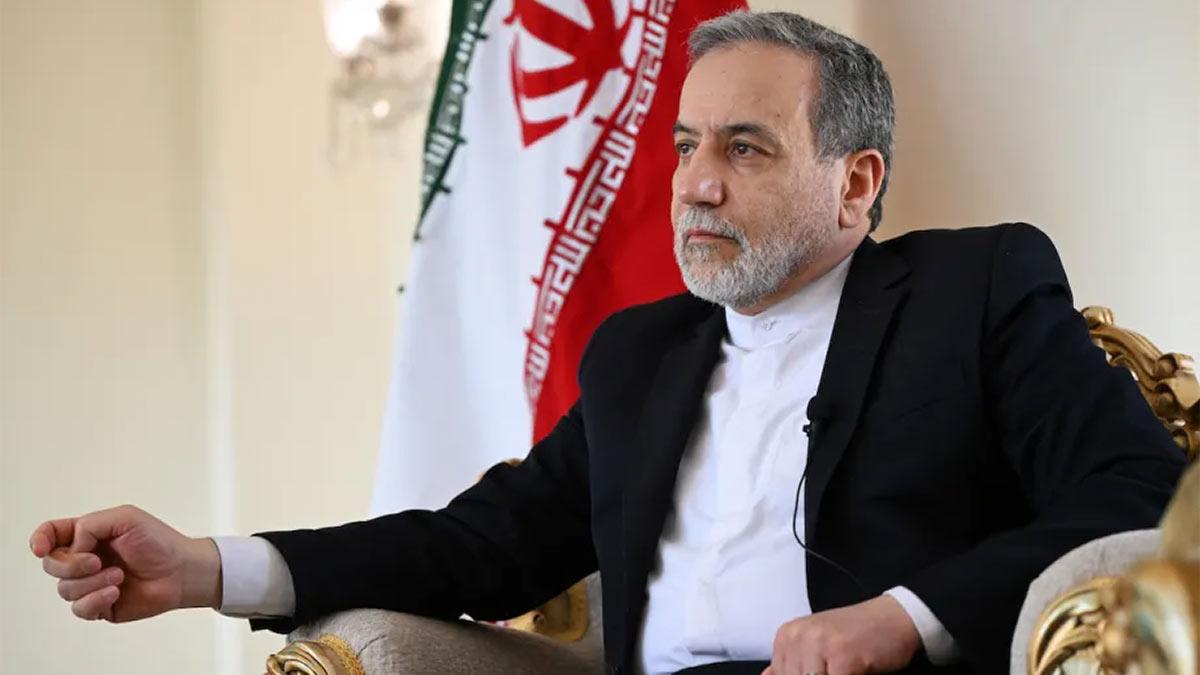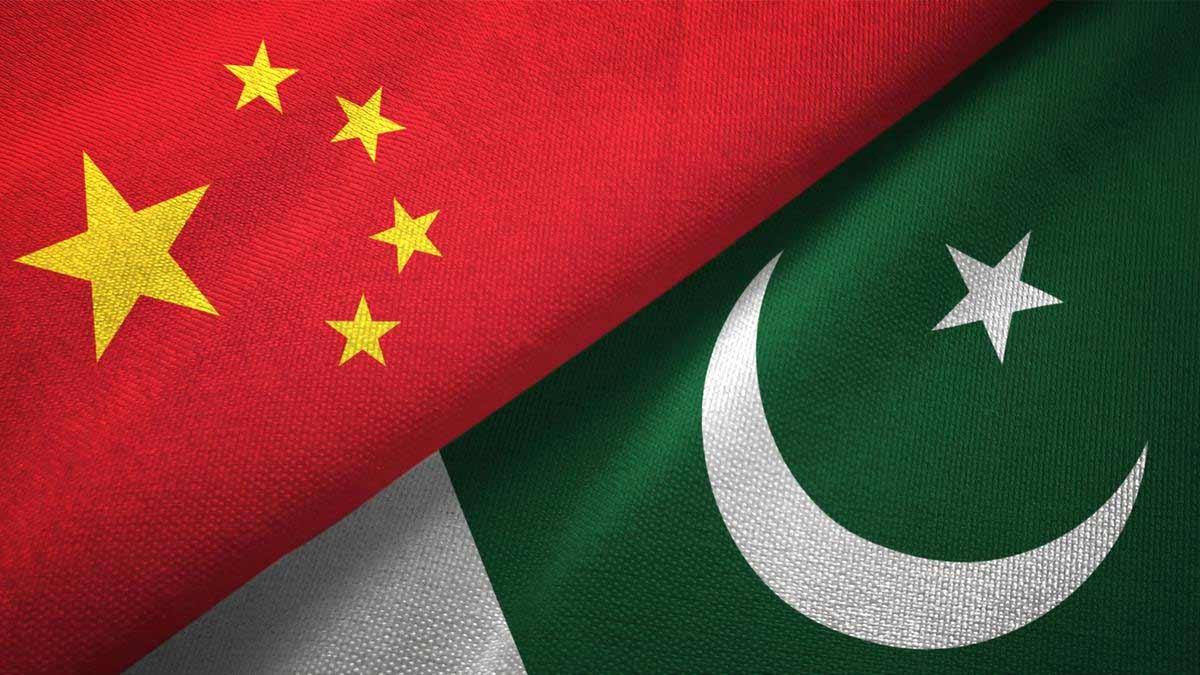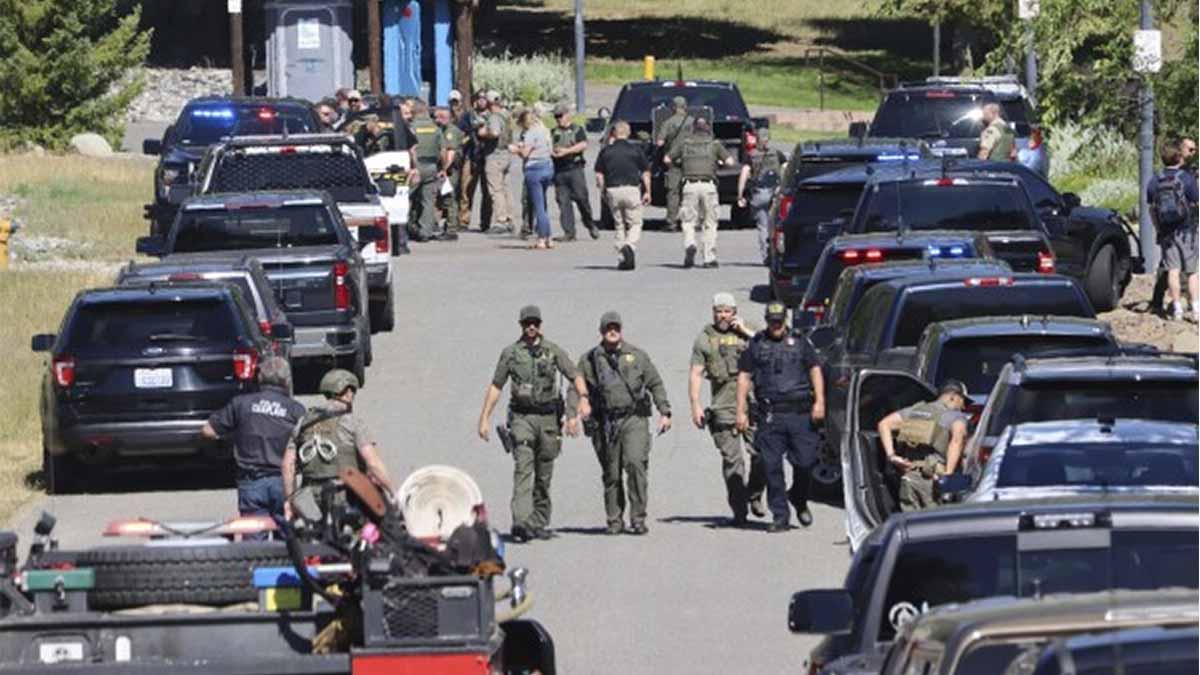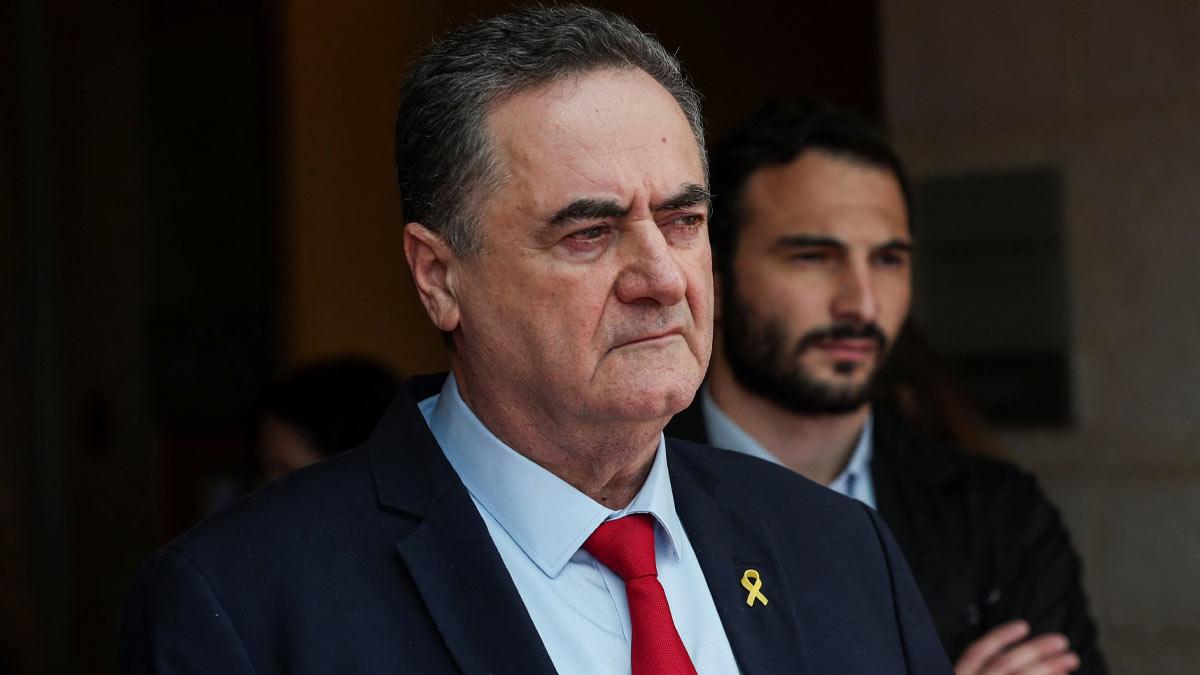President Trump suspended on Monday the sending of all U.S. military aid to Ukraine, senior military and administration officials said. The move occurred just days after a contentious meeting between Trump and Ukrainian President Volodymyr Zelensky at the White House.
The suspension impacts more than $1 billion worth of arms and ammunition in transit or due for delivery. The move came after a series of White House meetings between Trump and his senior national security aides, officials said on condition of anonymity because of the delicate nature of the discussions.
The officials state that the freeze in aid will last until Trump deems Ukraine to have made a sincere effort toward peace talks with Russia.
The decision greatly exacerbates tensions between Washington and Kyiv at a very sensitive time in the conflict. The direct beneficiary of this action is Russian President Vladimir Putin. In the event of an extended suspension, Russia might capitalize on the opportunity to force territorial concessions. Further, Putin might decide to stall negotiations on the assumption that an extended controversy between Trump and Zelensky will eventually strengthen Russia's hand—either through military means or through any eventual cease-fire negotiations.
There have been few instances in recent United States history comparable to this level of suspension of aid. Though the United States has held individual weapons systems from allies in the past—most notably President Joseph R. Biden Jr.'s suspension of sales of 2,000-pound bombs to Israel due to potential civilian casualties during the Gaza War—Trump's action is an across-the-board freeze, effectively an ultimatum. Trump's action quite literally holds Ukraine hostage, having it choose whether to sign up for a Trump-imposed cease-fire or to suffer more battle losses.
This move also places the United States in conflict with its key NATO allies. Top European powers, such as France, Britain, and Germany, have recently committed to boosting their aid to Ukraine, supporting Zelensky against the Trump administration's position. Their inventories, however, are not enough to make up for the loss of U.S. military assistance in the near term.
Trump's order, first reported by Bloomberg News, also stops the delivery of equipment from Pentagon inventories and freezes aid under the Ukraine Security Assistance Initiative, which enables Kyiv to buy military equipment directly from U.S. defense firms. It is not clear what Trump wants Zelensky to do in order to restore the aid.
Trump has moved closer and closer to Putin's view of the war over recent months. He has misrepresented the fact that it was Ukraine who started the conflict and described democratically elected president Zelensky as a "dictator." He has not gone as far as labeling Putin as a dictator but, instead, describes him as "smart" and "cunning."
Trump has also referred to shared moments with Putin on the history of previous US investigations into Russian interference in U.S. elections. He continued to dismiss findings by American spy agencies that had concluded Russian spies worked actively to promote his campaign for the 2016 U.S. presidential election—an appraisal Trump has on numerous occasions downplayed as the "Russia hoax."
Trump-Zelensky tensions finally surfaced publicly on Friday afternoon at a meeting in the White House. The two were set to sign off on a deal to enable Ukraine to gift rare mineral rights as payment for three years of U.S. military assistance. Trump and Vice President JD Vance, however, instead of signing the deal, verbally attacked Zelensky before the press for being ungrateful for the U.S. assistance.
The fate of the minerals agreement is unclear.
On Monday, Trump indicated the deal was not completely off the table, saying, "I just think he should be more appreciative." He said that he had to see something in particular from Zelensky before negotiations resumed, dubbing the agreement a "great deal for us."
Trump responded earlier in the day to Zelensky's weekend statement, during which the Ukrainian president said that a peace deal with Russia was "still very, very far away."
"This is the worst statement that could have been made by Zelenskyy, and America will not put up with it for much longer!" Trump tweeted.
Some of Trump's administration also shared his indignation, suggesting that Zelensky was to blame for the diplomatic tension and should be sorry about the White House saga.
Commerce Secretary Howard Lutnick, while talking to CNN on Monday, condemned Zelensky's terms in the negotiations, including his demand for "reparations" and the restoration of occupied land from Russia as a prerequisite for any deal.
"You've got to say, 'We love America, we love America, we want you on our side, and if you believe we can have peace, we can have peace,'" Lutnick said.
"That's not a peacemaker," he continued. "That's a troublemaker."
Lutnick also went on to state that Trump was still committed to negotiating a peace agreement between Ukraine and Russia and to pressuring both countries to negotiate.
After the hot White House argument, the Trump administration quickly started talks on reducing or even eliminating military assistance, training programs, and even intelligence-sharing with Ukraine, a senior official said.
By late Monday afternoon, it was uncertain if Trump had also mandated restrictions on intelligence-sharing. One senior official did confirm that U.S.-Ukraine intelligence cooperation continued—temporarily.
Read also| Zelensky Defends Oval Office Exchange: ‘Did Nothing Wrong’
Read also| US Scraps Joint Presser and Lunch as Zelensky Departs White House

